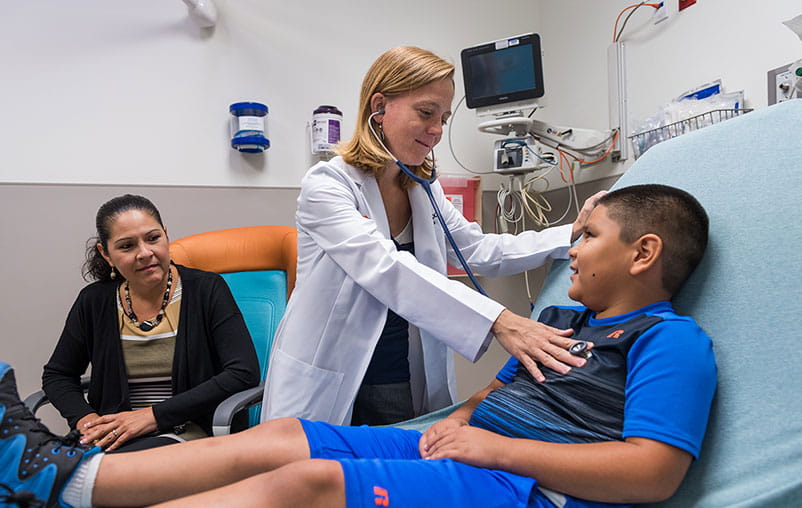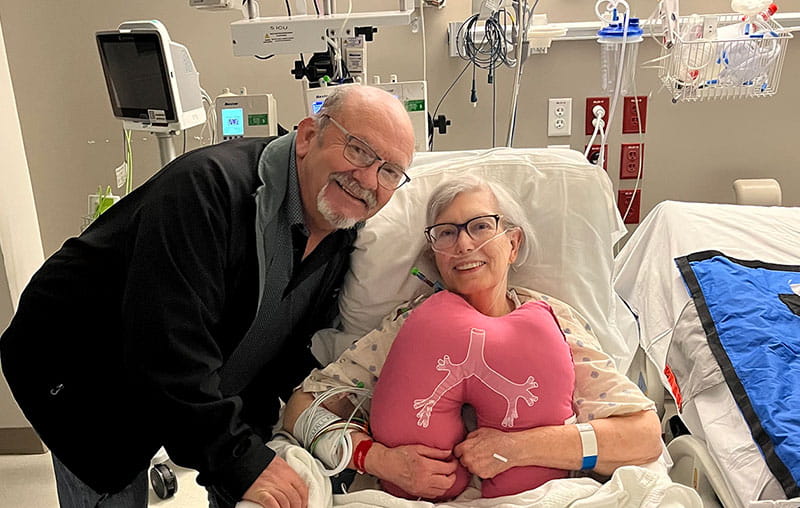Kidney disease is often silent. That’s why regular child screenings are needed to pick up clues that a child may have a developing kidney condition.
The Importance of Screenings
Dr. Daniel Ranch said, “When our kids are missing out on that, they show up later in the disease course than expected and sometimes can lead to complications.”
Dr. Ranch is the medical director for University Health’s pediatric kidney transplant program. He says because kids often appear healthy on the outside, parents can easily miss a serious medical problem.
“Kids are going to look great to their parents,” Dr. Ranch said. “They’re going to feel normal because kids are so strong and resilient. Many times, it does require their pediatrician to help detect some of these early clues that something wrong is happening.”
Symptoms of Pediatric Chronic Kidney Disease
- Poor appetite
- Vomiting
- Frequent headaches
- Stunted growth
- Loss of urine or no urine
- Repeated urinary tract infections
- Pale skin
- Bad breath
- Poor muscle tone
- Change of mental awareness
When is a Kidney Transplant Needed?
“Like most other organs in the body, the kidneys grow and develop as a child grows,” Dr. Ranch said. “It takes some time to figure out the health of the kidneys and what they might do down the line.”
Dialysis is often an option too, but it isn’t preferred.
“Transplantation compared to dialysis has been shown to offer superior survival in the long term,” Dr. Ranch said. “That’s true for both kids and adults. That’s why we pursue transplant as early as we can.”
Become an Organ Donor
Dr. Ranch said the majority of pediatric kidney transplants come from adults. To learn about how to become a deceased or living donor, visit our website.




